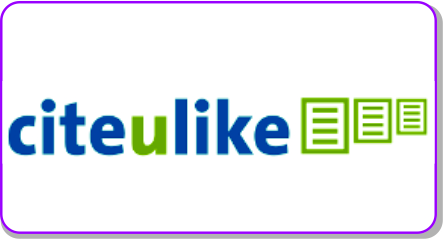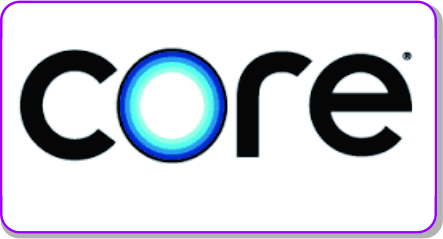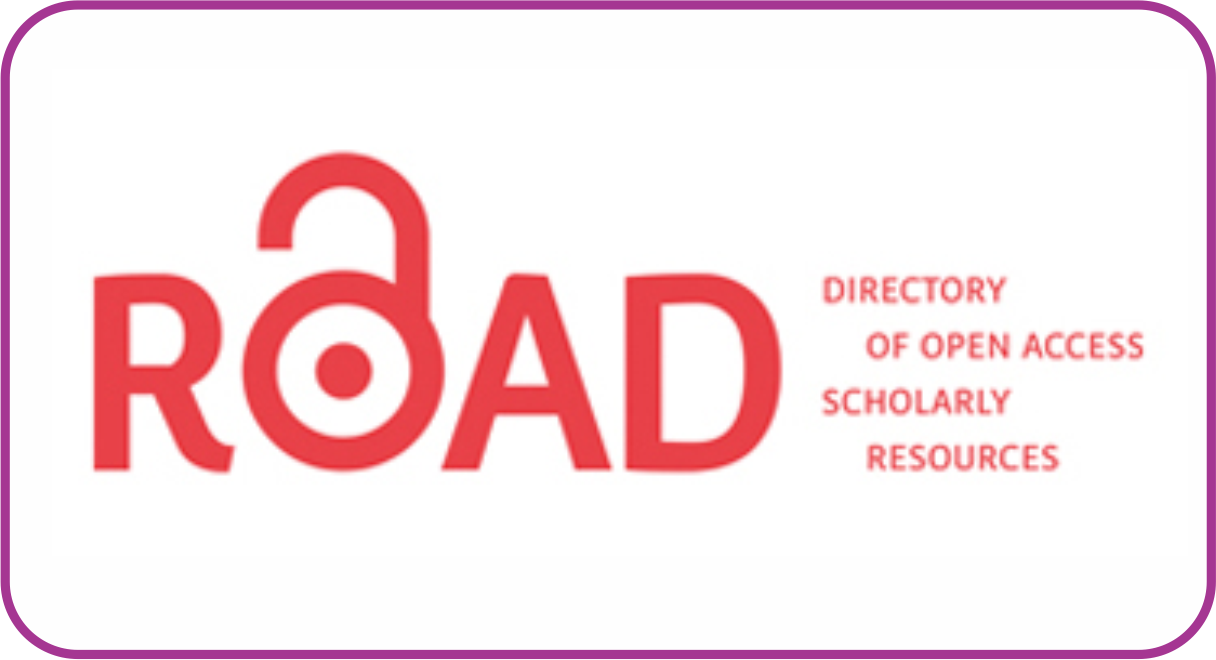Generation Alpha: Challenges and Strategies of Teachers Based on Behavioristic Theory
DOI:
https://doi.org/10.30983/educative.v9i2.8686Keywords:
challenge, strategy, teacher, alpha generation, behavioristic theoryAbstract
The alpha generation is another term for children born in 2010 to 2025. The alpha generation is closely related to the use of technology products, especially gadgets. Therefore, this generation is also called the digital generation. Technology offers many benefits to humans, but technology can also create opportunities for students to exhibit deviant behavior. This is a special concern for teachers because it can affect the development and change of student behavior, especially basic education students. Therefore, teachers need to know what challenges and strategies can be applied in dealing with students from the alpha generation. Therefore, this study aims to identify challenges and strategies that can be applied by teachers in dealing with this generation of students based on behavioristic theory. This research is qualitative research with the method used is a literature study. Data is obtained from journals, articles, books and other documentation related to this topic. Based on the analysis of the results of the literature study, it was found that the challenges faced by teachers are related to mastery of technology and teachers' creativity in creating innovative and differentiated learning and becoming inspiring mentors for students. With this research, it is hoped that it can be knowledge for teachers in dealing with students at school based on its characteristics. So that the learning process and knowledge transfer can run well and achieve national education goals.
References
Books
Akgün, Ergün, ‘Data Literacy to Understand Generation Alpha’, The Teacher of Generation Alpha, 2020, 133–43
Aşik, Gürsu, ‘Measurement and Evaluation in Alpha Classes’, The Teacher of Generation Alpha, 2020, 109–18
Asiva Noor Rachmayani, ‘No 主観的健康感を中心とした在宅高齢者における 健康関連指標に関する共分散構造分析Title’, 2015, 6
Yurtseven, Nihal, ‘The Teacher of Alpha’, February 2020, 2021
Yurtseven, Nihal, and Şirin Karadeniz, ‘An Overview of Generation Alpha’, The Teacher of Generation Alpha, 2020, 11–31
Wong-Lo, Mickie, and Clarissa Chan, ‘IForgive: The Exploration of Forgiveness in Cyberbullying’, The Psychology of Cyberbullying, 2024, 245–56
Journal
Children, Happy, Education and Child Safety, 2020 https://doi.org/10.1787/421bcc05-en
Cozzaglio, Ilaria, ‘Revised Normative Behaviourism: An Experimental Proposal’, Res Publica, 0123456789, 2024 <https://doi.org/10.1007/s11158-024-09682-y>
Cofer, Charles N., and B. F. Skinner, The Technology of Teaching, The American Journal of Psychology, 1969, LXXXII <https://doi.org/10.2307/1420451>
Derbani, Adnane, Wiwiek Rabiatul Adawiyah, and Siti Zulaikha Wulandari, ‘Impact of Online Buying Behavioral Tendencies of Generation Z on Their Parents’ Consumption Behavior: Insight from Indonesia’, Innovative Marketing, 18.2 (2022), 39–48 <https://doi.org/10.21511/im.18(2).2022.04>
Espejo, Luis, Nelly Perez, Cecilia Mendoza, and Yuri Gagarín, ‘A Systematic Review on Unique Characteristics of Generation Z and Their Impact on Purchasing Decisions’, Journal of Ecohumanism, 4.1 (2025), 12–25 <https://doi.org/10.62754/joe.v4i1.4079>
Gultom, Joni Manumpak Parulian, ‘Protestant Church Strategy in Building Spiritual Identity for Generation Alpha’, Verbum Vitae, 41.4 (2023), 1027–46 https://doi.org/10.31743/vv.16531
Habsy, Bakhrudin All, Karina Apriliya, Alifia Febriana Putri, and Gian Salsabilla Aprilyana, ‘Penerapan Teori Belajar Behaviorisme Dan Teori Belajar Sosial Bandura Dalam Pembelajaran’, Tsaqofah, 4.1 (2023), 476–91 <https://doi.org/10.58578/tsaqofah.v4i1.2211>
Kabilan, Shanmugampillai Jeyarajaguru, ‘Teaching and Learning in the Metaverse World: The Future of New-Gen Education’, Journal of Engineering Education Transformations, 37.1 (2023), 134–41 <https://doi.org/10.16920/jeet/2023/v37i1/23139>
Khalid, Ika Liana, Mohd Nor Syahrir Abdullah, and Hidayah Mohd Fadzil, ‘A Systematic Review: Digital Learning in STEM Education’, Journal of Advanced Research in Applied Sciences and Engineering Technology, 51.1 (2024), 98–115 <https://doi.org/10.37934/araset.51.1.98115>
Leeder, Thomas M., ‘Behaviorism, Skinner, and Operant Conditioning: Considerations for Sport Coaching Practice’, Strategies, 35.3 (2022), 27–32 https://doi.org/10.1080/08924562.2022.2052776
Magiananta, Stevi, M Atho Rohman, Yurika Pipit Widyastanti, Yolla Desi Magdalena, Jauhara Dian, and Nurul Iffah, ‘Analisis Teori Behavioristik Dalam Proses Pembelajaran Matematika Pada Siswa MTs Bahrul Ulum Genukwatu’, 5475 (2024), 1–8
Moscati, Ivan, ‘Behavioural and Heuristic Models Are As-If Models Too – and That’s Ok’, Economics and Philosophy, 2023, 1–31 https://doi.org/10.1017/s0266267123000093
Perry, Graeme, ‘Generation Alpha: Understanding Our Children and Helping Them Thrive’, TEACH Journal of Christian Education, 16.1 (2022) <https://doi.org/10.55254/1835-1492.1515>
Roche, Joseph, Laura Bell, Cecília Galvão, Yaela N. Golumbic, Laure Kloetzer, Nieke Knoben, and others, ‘Citizen Science, Education, and Learning: Challenges and Opportunities’, Frontiers in Sociology, 5. December (2020), 1–10 <https://doi.org/10.3389/fsoc.2020.613814>
Sánchez, Alfonso Freire, Jesús López-González, and Sergio Rodríguez López-Ros, ‘Intergenerational Differences on the Cultural Imagery of AI in the Storytelling and Iconicity of Animated Films for Children and Young People’, Revista Latina de Comunicacion Social, 2025.83 (2025), 1–18 <https://doi.org/10.4185/rlcs-2025-2303>
Sekala, Agnieszka, Ole Schultz, Krzysztof Foit, and Tomasz Blaszczyk, ‘Technical Education for Industry 4.0: Generation Z’s Motivation to Study Technical Subjects - a Comparative Study of Selected Universities in Denmark and Poland’, EAEEIE 2023 - Proceedings of the 2023 32nd Annual Conference of the European Association for Education in Electrical and Information Engineering, 2023, 10181671 <https://doi.org/10.23919/EAEEIE55804.2023.10181671>
Slife, Brent, and Richard Williams, ‘Science and Human Behavior’, What’s Behind the Research? Discovering Hidden Assumptions in the Behavioral Sciences, 2014, 167–204 <https://doi.org/10.4135/9781483327372.n6>
Šramová, Blandína, and Jiří Pavelka, ‘Generation Alpha Media Consumption During Covid‐19 and Teachers’ Standpoint’, Media and Communication, 11.4 (2023), 227–38 <https://doi.org/10.17645/mac.v11i4.7158>
Syomwene, Anne, ‘European Journal of Education Studies’, European Journal of Education Studies, 7.1 (2020), 326–37 <https://doi.org/10.5281/zenodo.3627158>
Szabó, Dóra, and Erzsébet Dani, ‘Smartphones and Social Media as Status Symbol of Gen Z’, Folia Toruniensia, 22 (2022), 87–111 <https://doi.org/10.12775/FT.2022.005>
The American Psychological Association (APA), ‘Stress in AmericaTM Generation Z. Stress in America Survey.’, American Psychological Association, October, 2018, 1–11 <https://www.apa.org/news/press/releases/stress/2018>
Tillotson-Chavez, Kate, and Jennifer Weber, ‘A New Generation of Citizen Scientists: Self-Efficacy and Skill Growth in a Voluntary Project Applied in the College Classroom Setting’, Citizen Science: Theory and Practice, 9.1 (2024), 1–18 <https://doi.org/10.5334/cstp.641>
Viner, Russell M., Simon J. Russell, Helen Croker, Jessica Packer, Joseph Ward, Claire Stansfield, and others, ‘School Closure and Management Practices during Coronavirus Outbreaks Including COVID-19: A Rapid Systematic Review’, The Lancet Child and Adolescent Health, 4.5 (2020), 397–404 <https://doi.org/10.1016/S2352-4642(20)30095-X>
Zagaria, Andrea, and Luigi Lombardi, ‘A New Perspective on Trends in Psychology’, New Ideas in Psychology, 74. March (2024), 101078 <https://doi.org/10.1016/j.newideapsych.2024.101078>
Ziatdinov, Rushan, and Juanee Cilliers, ‘Generation Alpha: Understanding the Next Cohort of University Students’, European Journal of Contemporary Education, 10.3 (2021), 783–89 <https://doi.org/10.13187/ejced.2021.3.783>
Ziff, Paul, ‘About Behaviorism’, Analysis (United Kingdom), 18.6 (1958), 132–36 https://doi.org/10.1093/analys/18.6.132
Downloads
Submitted
Accepted
Published
Issue
Section
License
Copyright (c) 2024 Niki Desvidisa Aryani, Arita Marini, Edwita, Durotul Yatimah, Linda Zakiah

This work is licensed under a Creative Commons Attribution-ShareAlike 4.0 International License.
Authors who publish with this journal agree to the following terms:
1. Authors retain copyright and grant the journal right of first publication with the work simultaneously licensed under a Creative Commons Attribution License that allows others to share the work with an acknowledgment of the work's authorship and initial publication in this journal.
2. Authors are able to enter into separate, additional contractual arrangements for the non-exclusive distribution of the journal's published version of the work (e.g., post it to an institutional repository or publish it in a book), with an acknowledgment of its initial publication in this journal.
3. Authors are permitted and encouraged to post their work online (e.g., in institutional repositories or on their website) prior to and during the submission process, as it can lead to productive exchanges, as well as earlier and greater citation of published work (See The Effect of Open Access).

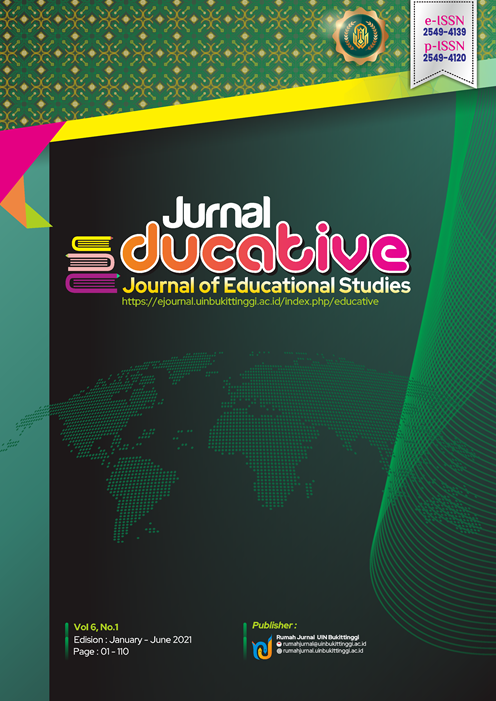



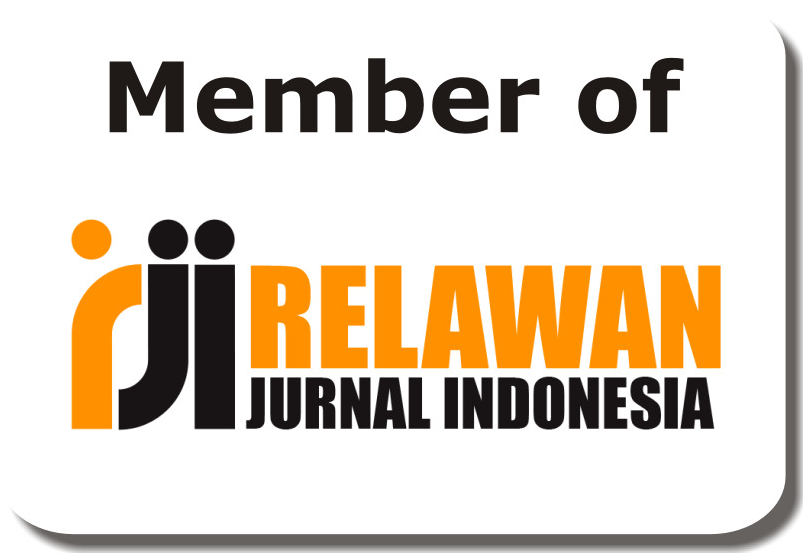


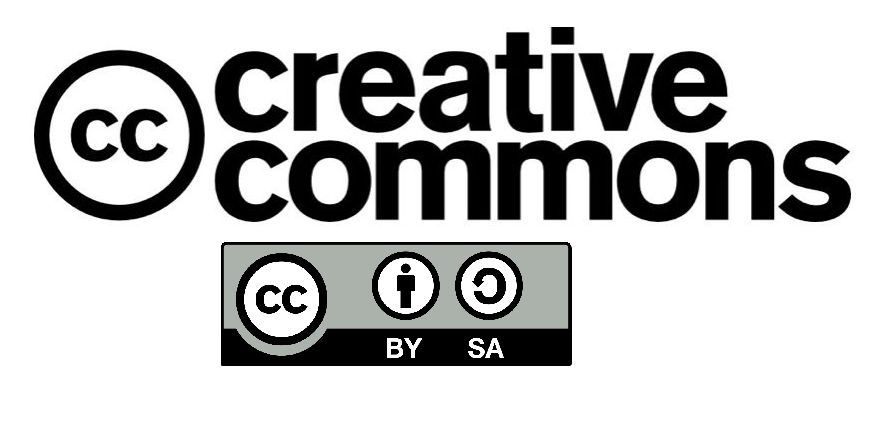









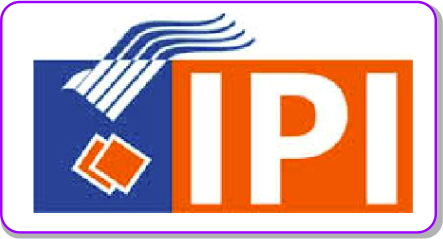 Â
 

